At least 70 free-floating planets were found in a nearby star-forming region.
Astronomers discover 70 free-floating planets, the largest group of rogue planets ever found. The planets may have formed on their own or been ejected by a star.
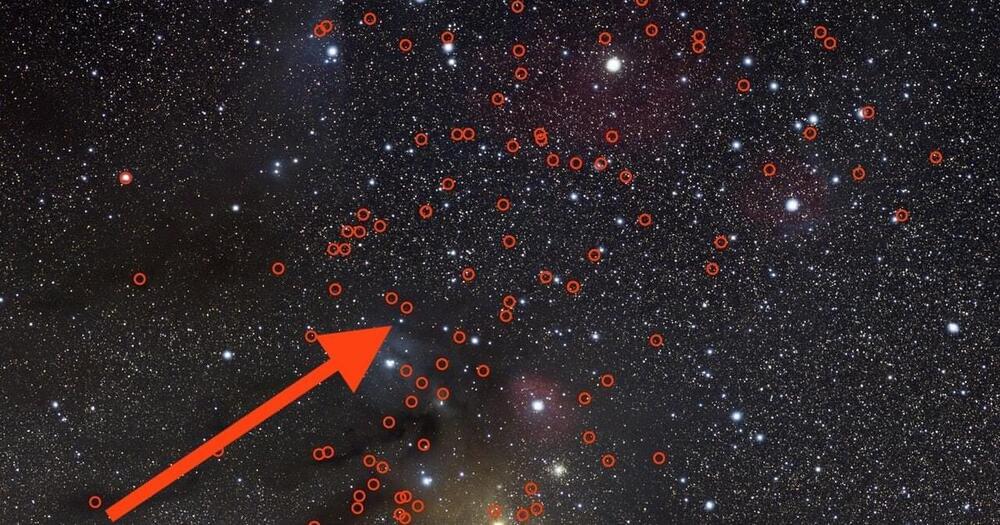
And kick off a new cosmic economy.
NASA’s probe knows where it’s going, but it has no idea what it’s going to find.
That’s the crux of the challenge for Psyche, a spacecraft slated to blast off in 2022. Its target? An asteroid of the same name. Called “16 Psyche,” it’s one of the 1.1 million to 1.9 million large asteroids we know are in the asteroid belt between Mars and Jupiter. But information about 16 Psyche is scant. Scientists know it’s shaped like a potato, and the light that reflects off its surface suggests the asteroid is “unusually rich in metal,” according to a recent press release from NASA’s Jet Propulsion Laboratory.
That makes it an attractive scientific target because it could be a relic of our solar system’s earliest days. The uncertainty is a huge challenge for the mission. Without much information about its density, mass, or spin, the mission team is depending on data from Psyche to plan its encounter with the asteroid.
That data won’t just offer a glimpse into the early Solar System — it could also set the stage for asteroid mining.
Full Story:
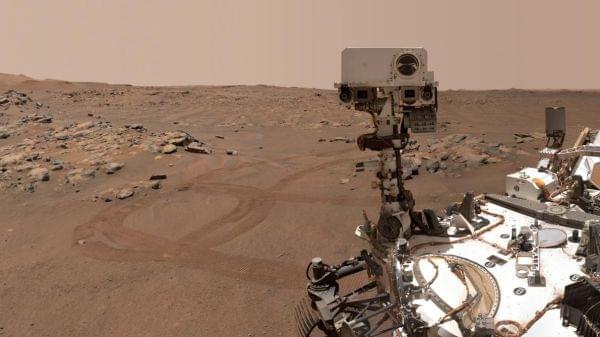
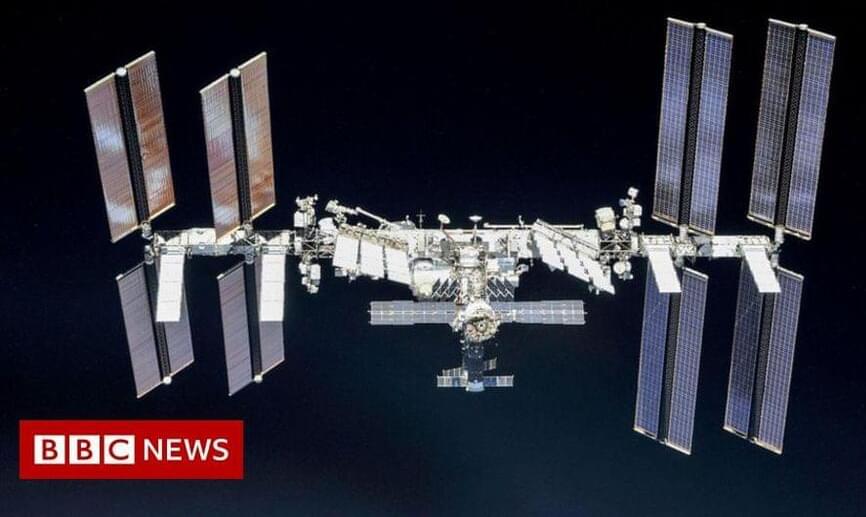

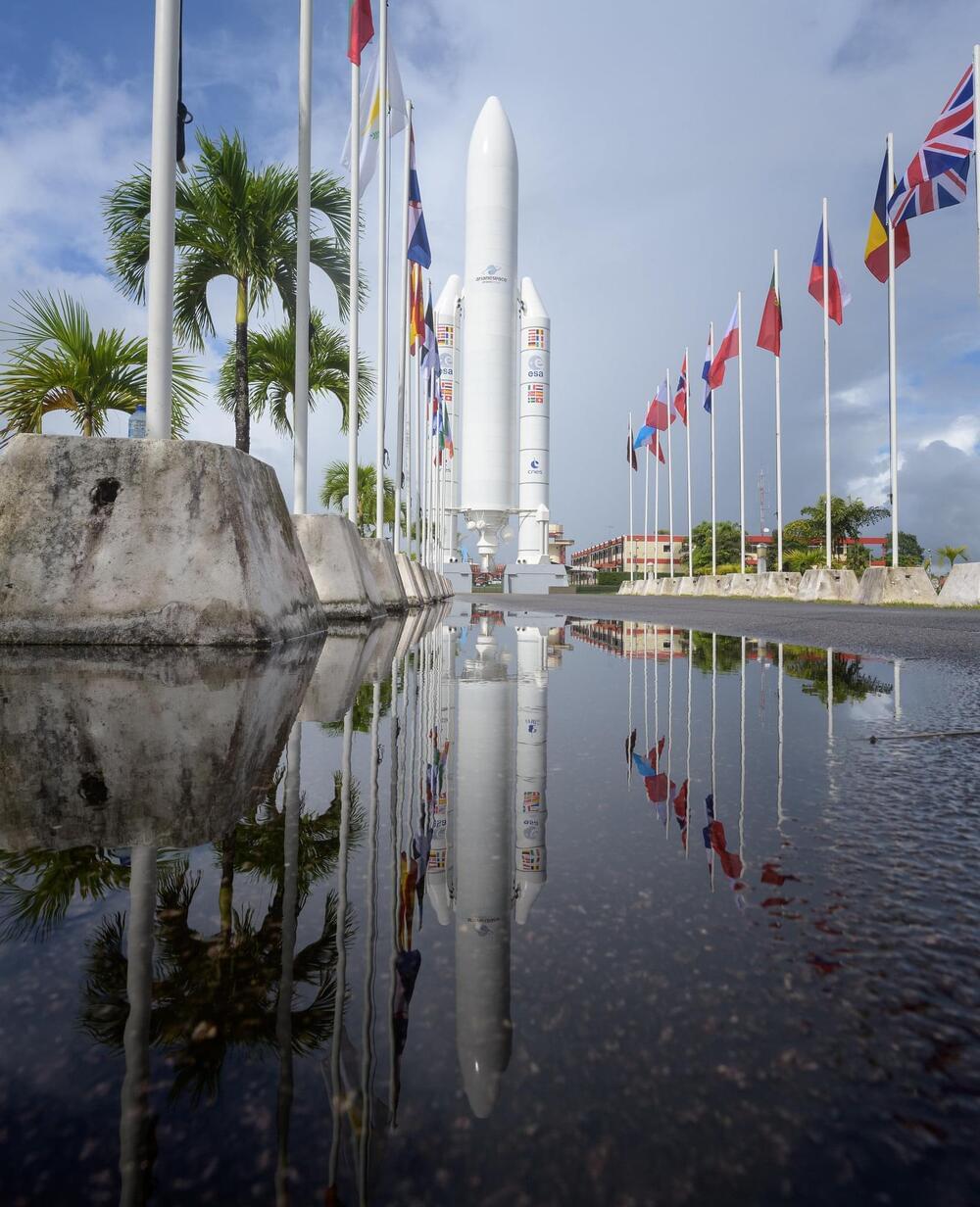

😀
A levitating vehicle might someday explore the moon, asteroids, and other airless planetary surfaces.
Aerospace engineers at MIT
MIT is an acronym for the Massachusetts Institute of Technology. It is a prestigious private research university in Cambridge, Massachusetts that was founded in 1861. It is organized into five Schools: architecture and planning; engineering; humanities, arts, and social sciences; management; and science. MIT’s impact includes many scientific breakthroughs and technological advances.
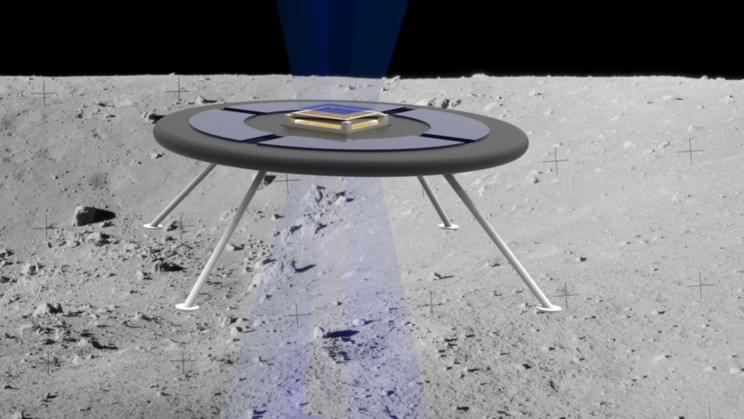
The power needed is so small, you could do this almost for free.’
Flying saucers are on their way to the Moon.
MIT scientists are developing a new concept for a circular hovering rover that levitates thanks to the moon’s natural electric field, a press statement reveals.
The new machines take advantage of the fact that airless bodies such as the moon and asteroids build up an electric field through direct exposure to the sun and their surrounding plasma. Such machines could be deployed on lucrative scouting missions on the surface of the moon as well as to nearby asteroids.
A new type of hovering spacecraft On a body as large as the moon, the surface charge is strong enough to power levitating machines — in fact, it has already been shown to levitate lunar dust up to a meter above the ground.
The MIT team’s levitating rover, which, in renders, looks remarkably like a flying saucer sending a beam down to the lunar surface, uses tiny ion beams to charge the vehicle and boost the surface’s natural surface charge. Small ion thrusters, called liquid ion sources, connect to a tank containing ionic liquid in the form of room-temperature molten salt. When the electric charge reaches the ionic liquid, its ions are charged and emitted downwards and out of the rover as a beam through the thrusters. The system’s disc shape maximizes the repulsive force between the rover and the ground, meaning that it needs very little power.
Full Story:
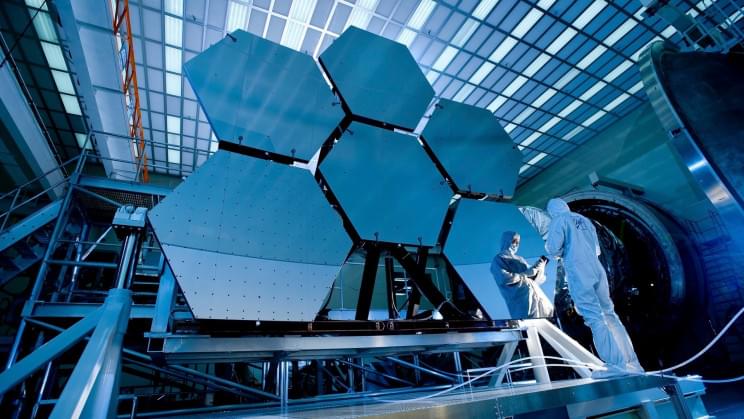
It makes space travel look cheap.
Humans have been looking at the stars for millenia, but it was just over 30 years ago that the Hubble Space Telescope launched, and we started getting a really good look at what’s out there. Hubble was beset with more than a decade of setbacks before its launch in 1990. Then, just after taking its position orbiting Earth, astronomers realized that something wasn’t right. It took engineers another three years to fix a manufacturing error that had left one of the mirrors misshapen by one-millionth of a meter. Ultimately, that imperfection was enough to render the telescope’s mirrors effectively useless. The long wait was worth it, though. The Hubble enabled dozens of breakthroughs in astronomy. It also took beautiful pictures. A recent version of its famous “Hubble Deep Field” image includes galaxies that are 13 billion lightyears away, making them the farthest objects ever photographed.
NASA is scheduled to soon launch what it calls the “successor” to Hubble: the James Webb Space Telescope. Like the Hubble, the Webb telescope is also designed to take extraordinarily precise measurements of “Ultraviolet and visible light emitted by the very first luminous objects [and which] has been stretched or ‘redshifted’ by the universe’s continual expansion and arrives today as infrared light.” Webb will also study objects closer to home, such as planets and other bodies in our solar system with the aim of determining more about their origin and evolution. Webb will also observe exoplanets located in their stars’ habitable zones, to search for signatures of habitability, and to learn about their chemical compositions.
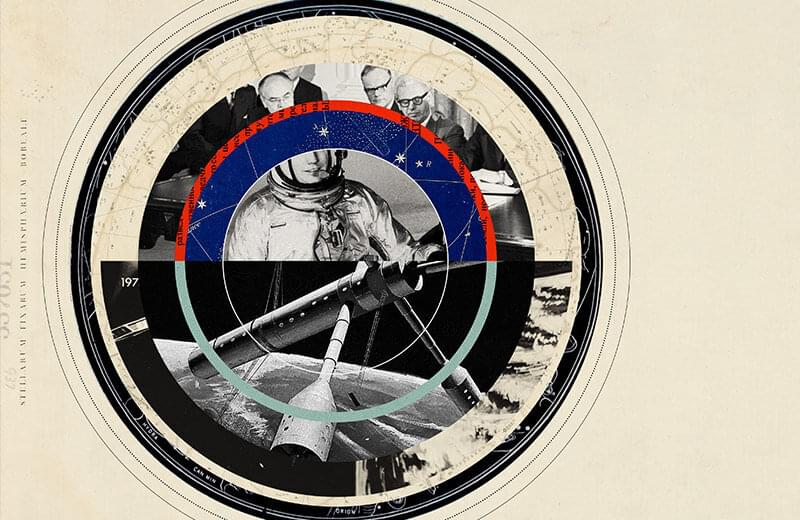
With many countries, companies and individuals intensifying their space exploration programs, questions about rights, ownership and the feasibility of manned space missions are coming to the fore of public debate.
In early 1,610, Italian astronomer and physicist Galileo Galilei wrote a letter to Cosimo de’ Medici—then Grand Duke of Tuscany—stating that he had observed for moons of Jupiter (which Galileo initially believed to be stars) using his improved telescope lens. Hoping to secure the grand duke’s patronage, Galileo proposed naming the bodies after Cosimo’s family, eventually calling them the “Medicea Sidera,” or the Medicean stars. (In the end, the moons were named for four lovers of the god Zeus: Io, Europa, Ganymede and Callisto.)
Galileo was not the first to claim stars in the name of people on Earth, and he was to be far from the last. Although the names of celestial bodies are now determined by the International Astronomical Union using a systematic naming system, the idea that outer space is terra incognita, a place yet unexplored or claimed, where everything is up for grabs, is more powerful today than ever before.